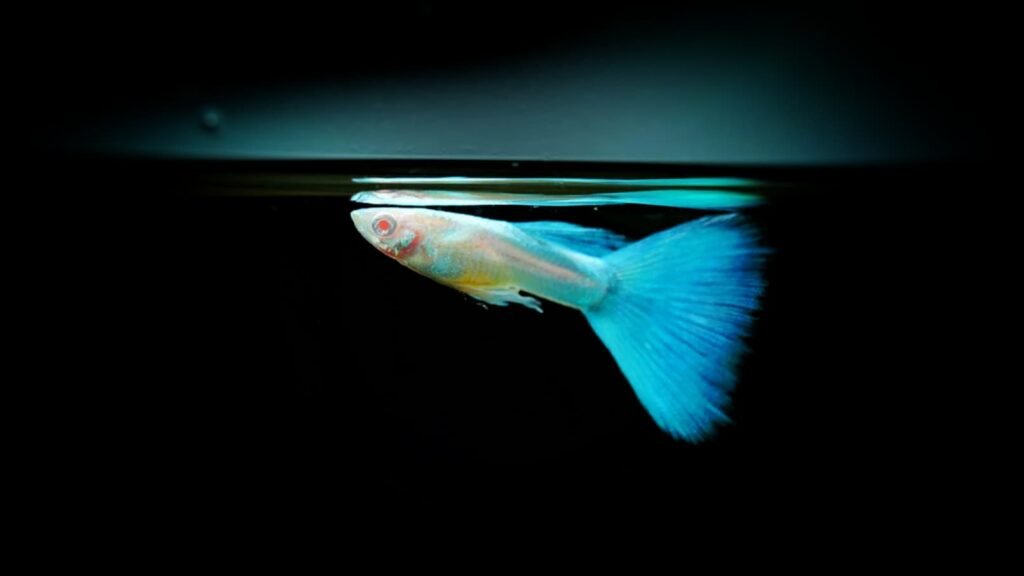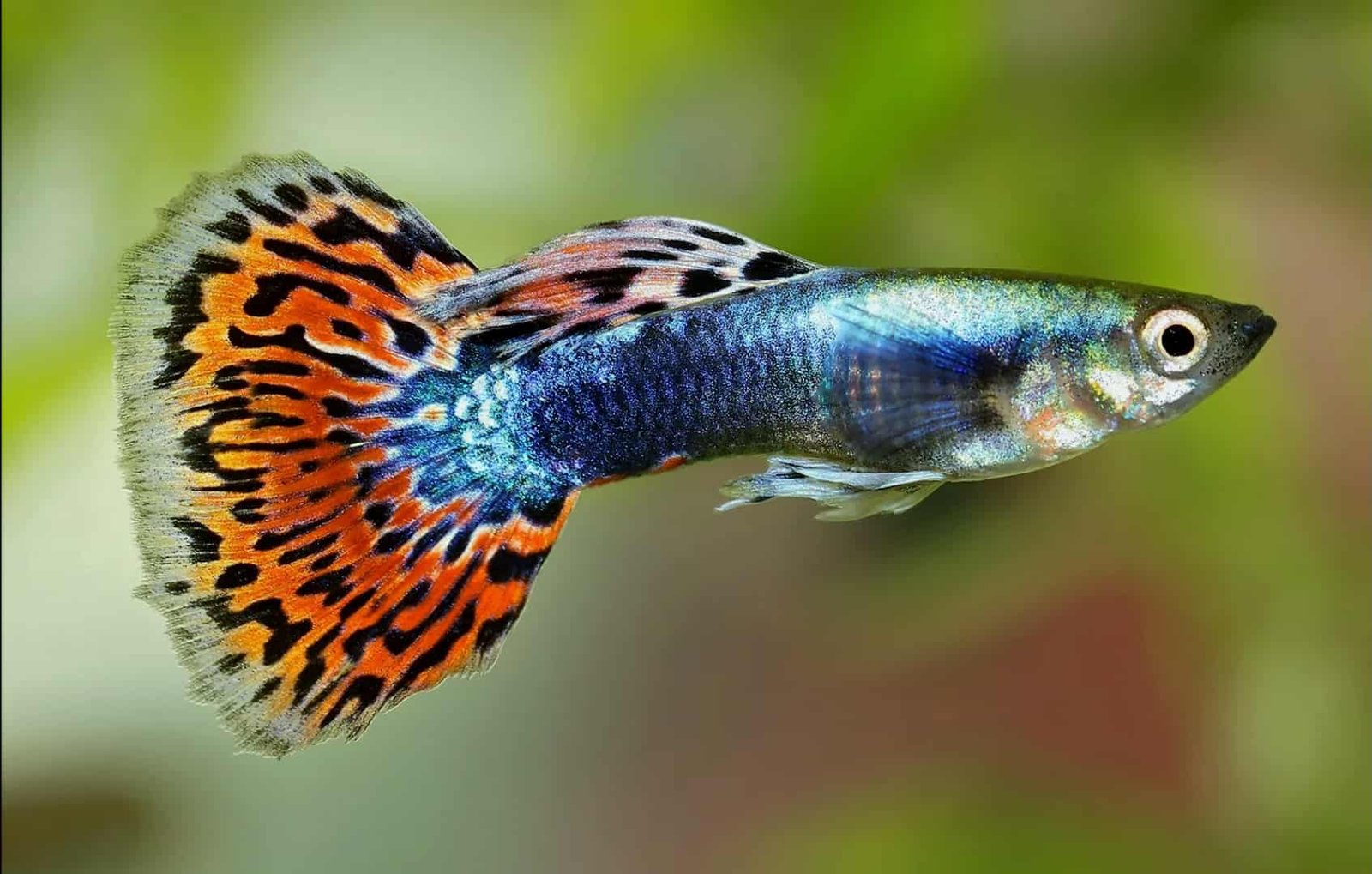It’s a question that may sound strange and unsettling: why would any animal eat its own babies? As a curious mind, I often wonder about this unusual behaviour. Babies carry the DNA of their parents, and for most species, the survival of the young is crucial for the continuation of their lineage. In both humans and animals, protecting one’s offspring often feels like a basic instinct—something we’d do anything to protect. So, what drives some animals, like certain types of fish, to turn against their own babies? Let’s explore this together.
The Harsh Realities of the Animal Kingdom
Nature can be brutal. While we often think of parents as nurturing and protective, the animal kingdom shows us that survival sometimes requires making tough choices. One of those tough choices might involve eating one’s own offspring. As weird as it may sound, this behaviour—called infanticide or cannibalism— can sometimes actually increase the chances of survival for the parents or even some of the offspring.
When it comes to certain species of fish, this behaviour is more common than we might expect. But why do fishes eat their babies? Isn’t the survival of the young important? Well, yes, but there’s a bit more going on beneath the surface.
Why Do Fish Eat Their Babies?
In many fish species, especially in species like cichlids or guppies, the male is often the one tasked with guarding the eggs or young. But if he becomes stressed, or if conditions aren’t right, he might end up eating the very offspring he’s supposed to protect. This might seem cruel, but there are a few reasons why it happens.
1. Overcrowding and Resource Management
Fish, like the guppies I used to keep in my aquarium, can lay hundreds of eggs at once. The male may eat a portion of his babies simply because he can’t provide enough protection or resources for all of them. If the male senses that the brood is too large to handle, he may eat the weaker or more vulnerable young. It’s like a survival strategy—better for some to survive than for all to perish.
Fun Fact: Some species of fish lay up to 500 eggs at once! Not all can survive, so eating a portion may improve the odds for the rest.
2. Stress and Poor Environmental Conditions
Fish can be very sensitive to their surroundings. If their environment becomes stressful—due to factors like low oxygen levels, bad water quality, or overcrowding—the male might resort to eating his young as a way to cope. It’s an extreme stress response, akin to how people sometimes make impulsive or irrational decisions when under pressure.
3. Food Shortages
Sometimes, fish will eat their babies simply because they’re hungry. In the wild, food scarcity can drive animals to do things they normally wouldn’t, and cannibalism becomes a desperate survival tactic. By eating a few of the offspring, the parent ensures it has enough energy to survive and reproduce again when conditions are right.
Personal Experiences

Guppies, a small tropical fish popular in-home aquarium, are notorious for eating their own young. Female guppies sometimes eat their new-born fry, especially if they’re stressed or if the environment is overcrowded. I remember from my own experience how shocked I was to discover some of the tiny fry had gone from my tank. I later learned that separating the fry from the adult fish can prevent this behaviour.
Mouthbrooding cichlids are another example of fish that sometimes eat their young. These fish carry their babies in their mouths for protection, but in times of stress, they may unintentionally or purposefully eat them. For these fish, the stress of keeping the young safe can sometimes trigger this cannibalistic behaviour.
Is This Behaviour Unique to Fish?
Fish aren’t the only animals that practice infanticide or cannibalism. Other animals, like certain mammals and even birds, sometimes eat their offspring. Hamsters, for example, are known to eat their babies if they feel threatened or if food is scarce. Birds, like some species of eagles, will sometimes allow the weaker chicks to die, or even kill them, to ensure the survival of the stronger ones. It’s harsh, but in the wild, resources like food, space, and protection are often limited, and tough decisions have to be made.
The Balancing Act: Survival vs. Parental Care
For animals, it’s not always as simple as nurturing their young. Unlike humans, who form emotional bonds with their children, animals rely on instincts to guide their decisions. Sometimes, those instincts prioritize the survival of the parent or the stronger offspring over the weaker ones.
Take the case of lions: male lions that take over a new pride often kill the cubs sired by the previous male. This increases the chances that the new dominant male’s genes will be passed on. It’s a harsh example, but it highlights the fact that in nature, survival often trumps emotional bonds.
Final Thoughts
If you’ve ever wondered, “Why do fishes eat their babies?” You’re not alone. It’s a behavior that seems to go against everything we understand about parenting and survival. But in the wild, the rules are different. Nature is about balancing resources, protecting the strongest, and ensuring the survival of the species, even if that means making difficult choices along the way.
So, the next time you watch your aquarium fish or a nature documentary, remember that these behaviors, strange as they may seem, are part of the complex and often brutal world of survival.
By understanding these natural behaviors, we can appreciate the complex and often surprising strategies animals use to survive in their environments.

